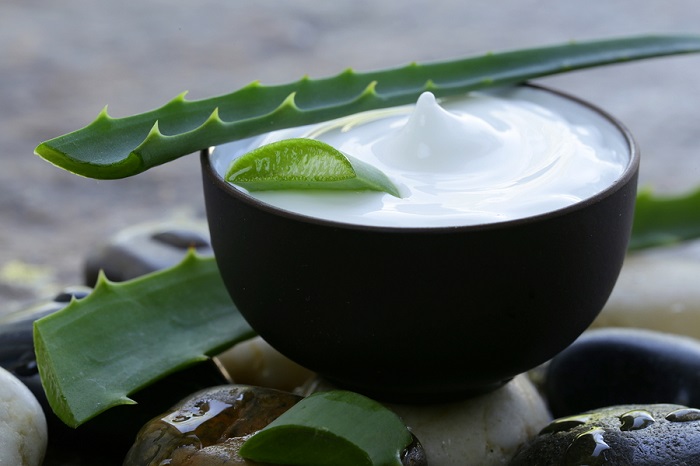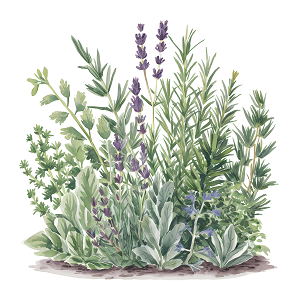The world of medicine seems to have gone in a full circle. In ancient times, the only remedies that people had for various diseases and disorders were herbal treatments. That sort of solution was replaced by pharmaceuticals and herbal remedies then became something that only “new age” people used.
Now, the situation is starting to reverse again, and many people are seeking out herbal remedies for various afflictions. One disorder that people commonly use herbal approaches to is eczema, also known as dermatitis.
Perhaps the reason that so many people are searching for eczema herbal remedy solutions is because there is no proper cure for the condition. Doctors may be able to prescribe topical creams or other medicines to help manage symptoms, but sometimes those drugs have limited effectiveness. Most people that use such treatments report that eczema symptoms usually fade away for a few days or weeks, but later return even worse than before.
Herbal remedies at least provide the potential for more permanent relief from the symptoms of eczema, which include rashes, itching and flaking or scaly skin. There are literally dozens of different herbal remedies for eczema, and it may require some trial and error to find a good one for each individual.
There are many places where you can find the herbs that you need to make some of these remedies. You may be able to find a local store that deals in herbs, but the easiest way is probably just to search the Internet for a vendor that sells herb of various types.
There are different ways that an herbal remedy may be applied. Some require making some sort of paste or salve with the herbs and applying it to the areas affected by eczema. Other remedies require eating or otherwise ingesting the herbs in order to gain their medicinal benefits.
Below, you’ll find some information herbs that are thought to help bring relief from eczema symptoms. The best results may come from combining different eczema herbal remedy solutions.
Aloe Vera is found in many commercial moisturizers, can be an effective anti-eczema herb. Dryness of the skin is one of the primary symptoms of eczema, and aloe is a natural counter to dry skin.
A cream made from the calendula herb is very effective at soothing skin that has become inflamed. Other herbs that also have a similar affect include Oregon grape root and witch hazel.
You can try adding some rosemary to your bathwater as a way to help reduce or relieve eczema symptoms. Rosemary helps to stimulate circulation in the skin, which promotes overall dermal health and helps the body deal with eczema symptoms. Similar results can be achieved with oatstraw.
You can make poultices from chickweed or turmeric and apply them to affected areas. These poultices will help relieve pain and itching and help the skin heal from eczema.
Remember that every person’s eczema triggers may be different, so the same remedies may not work for every person. There’s little harm in experimenting with different herbal remedies to find one that works for you.

